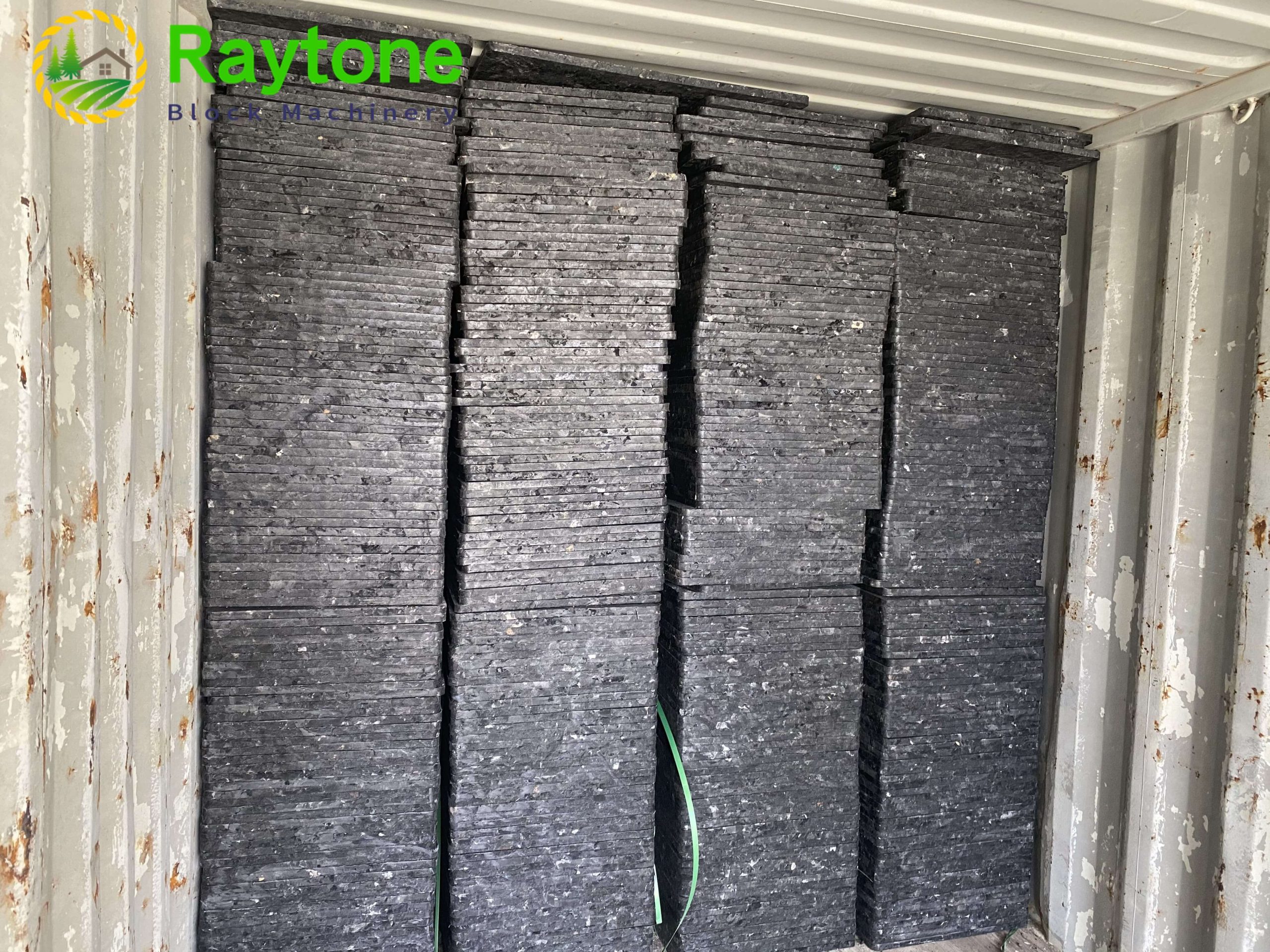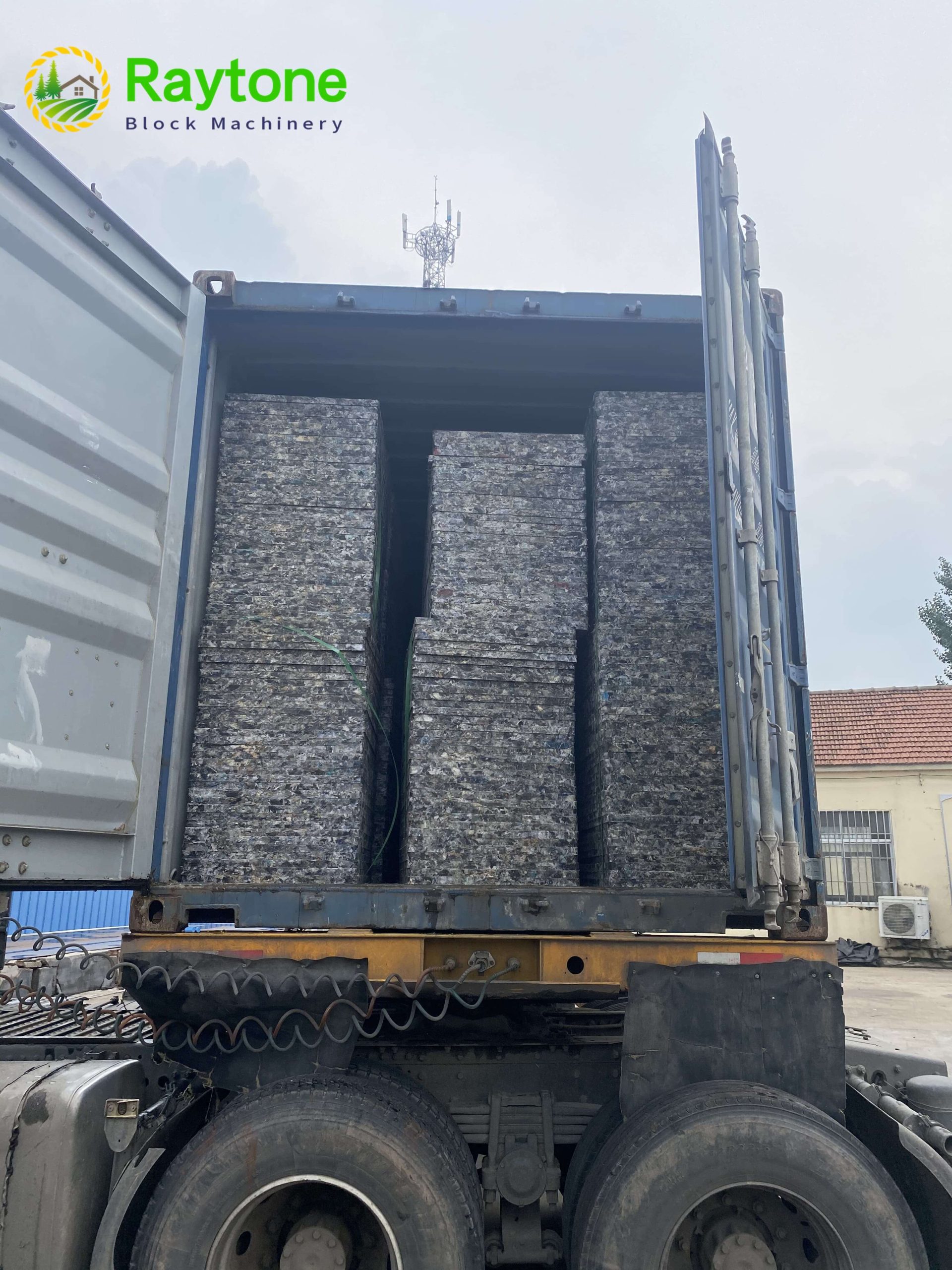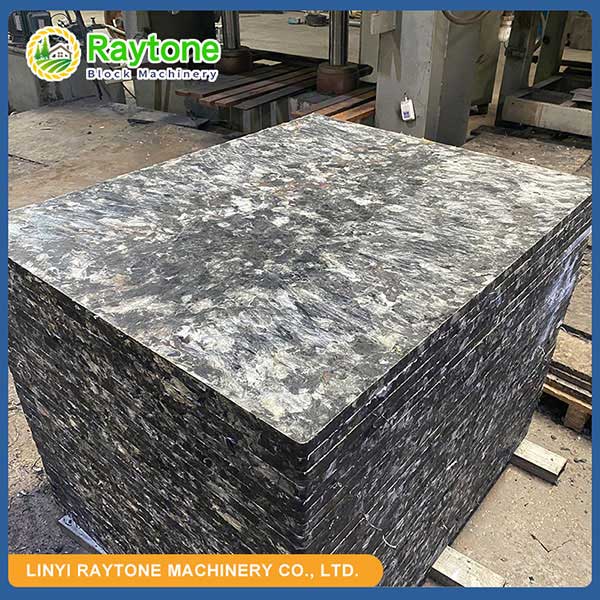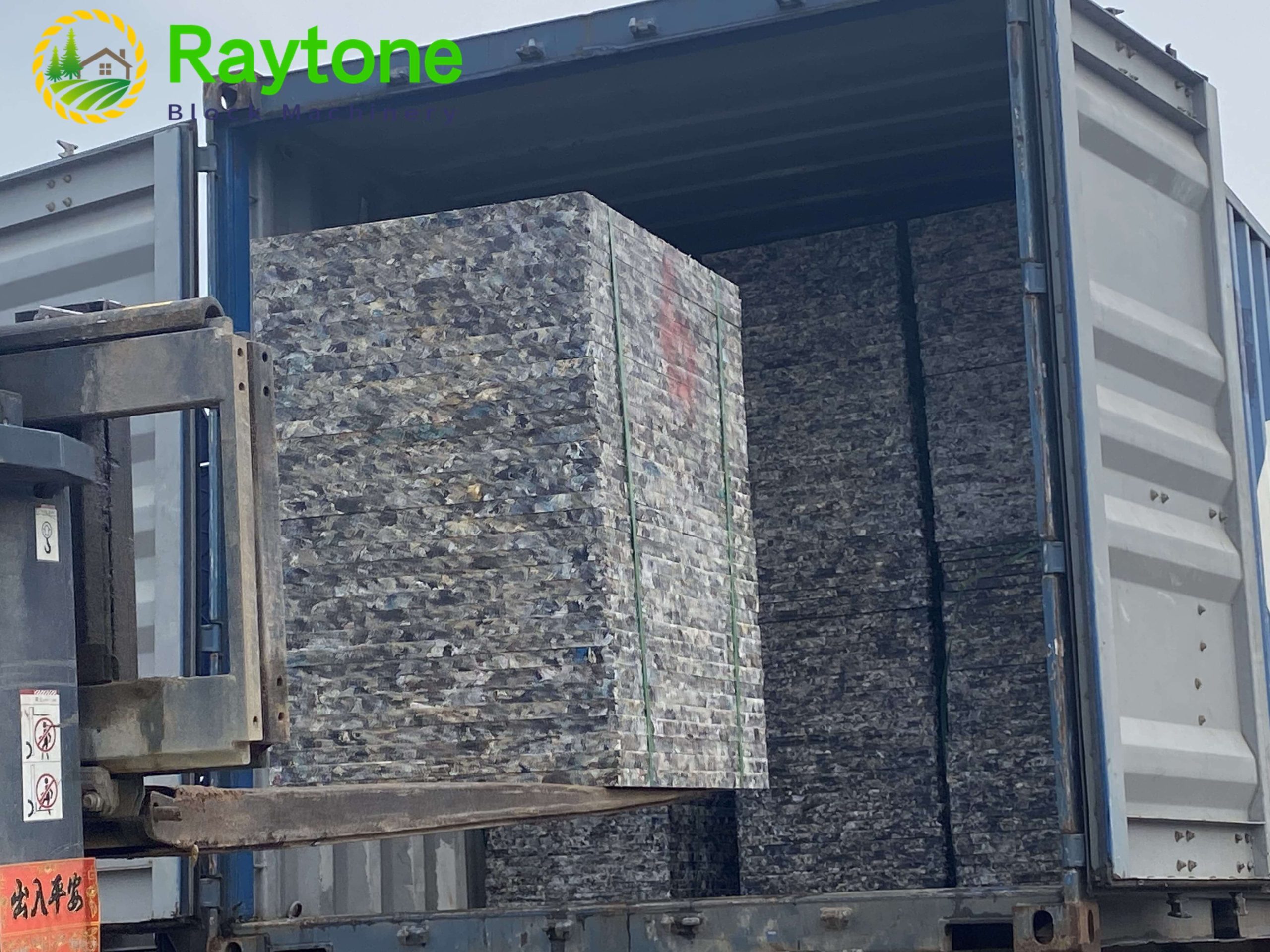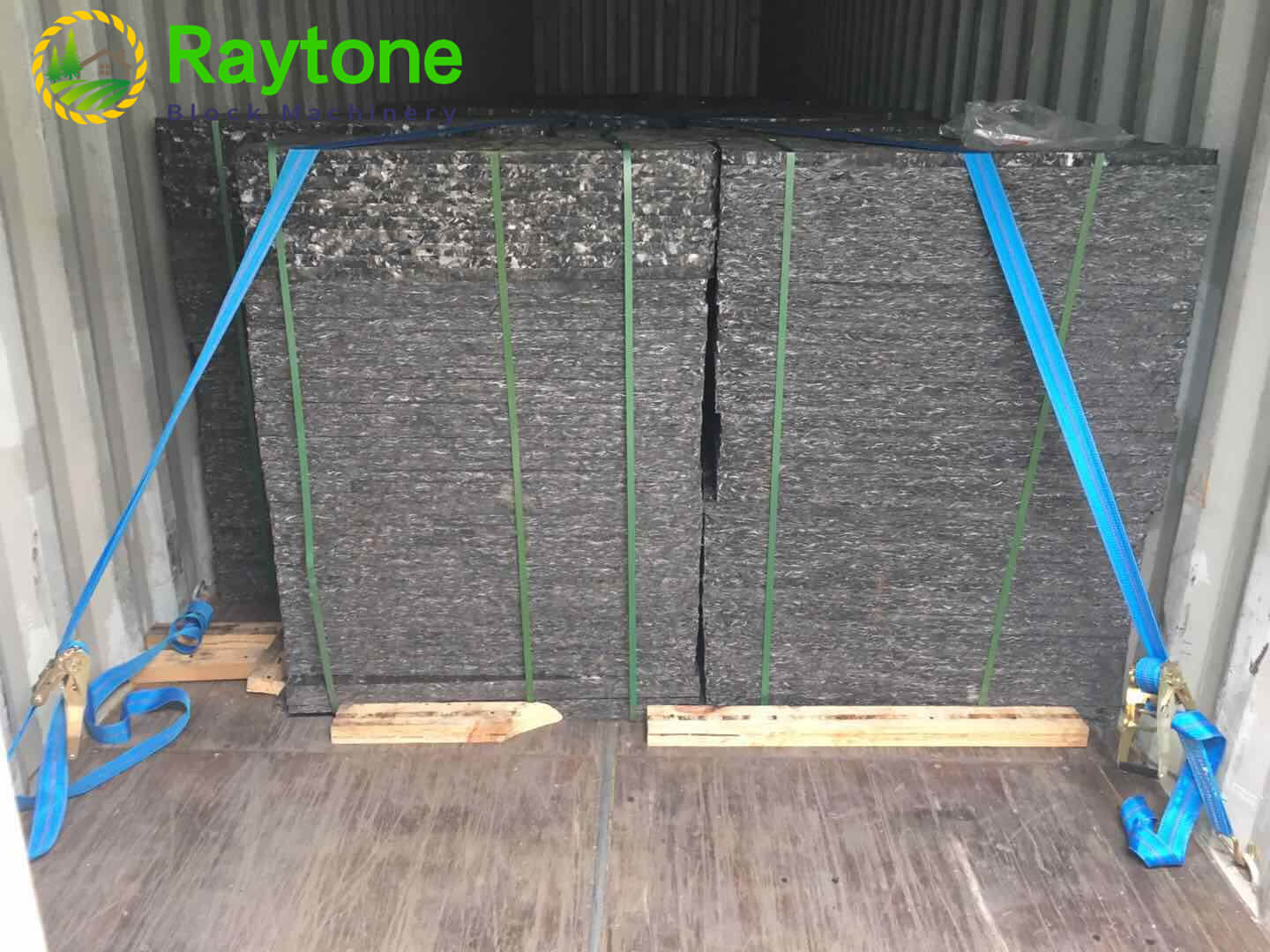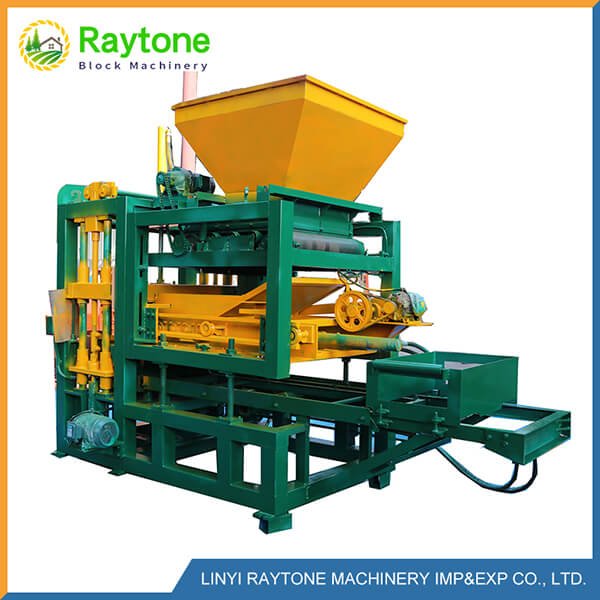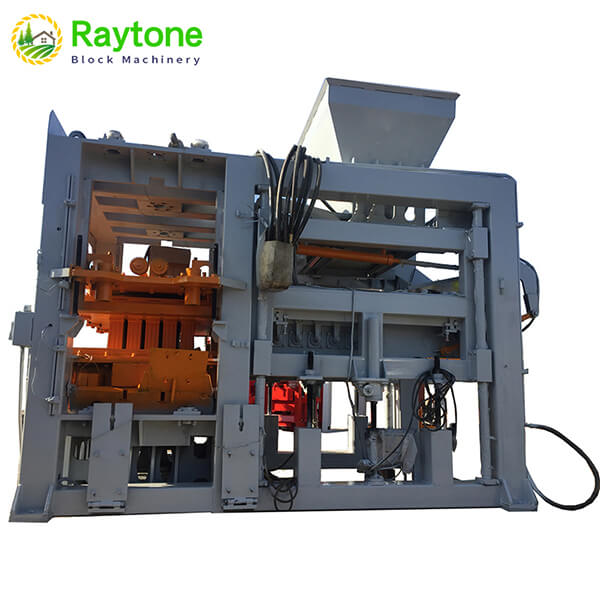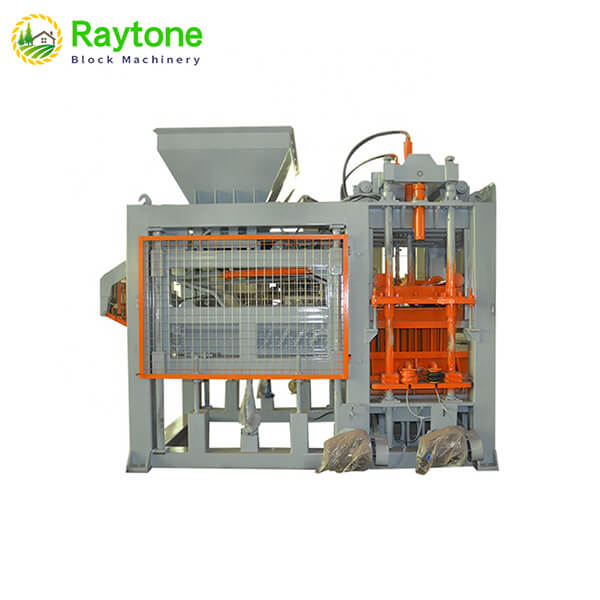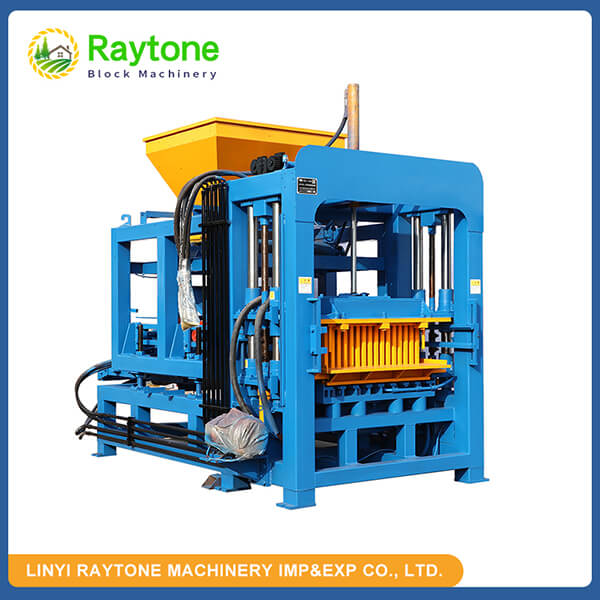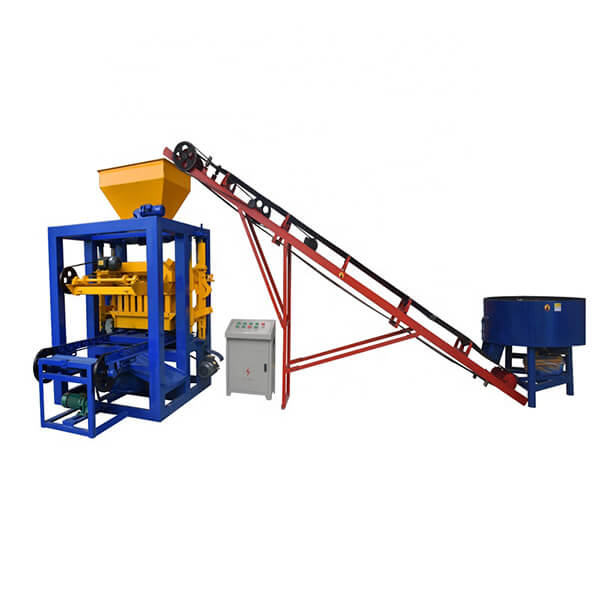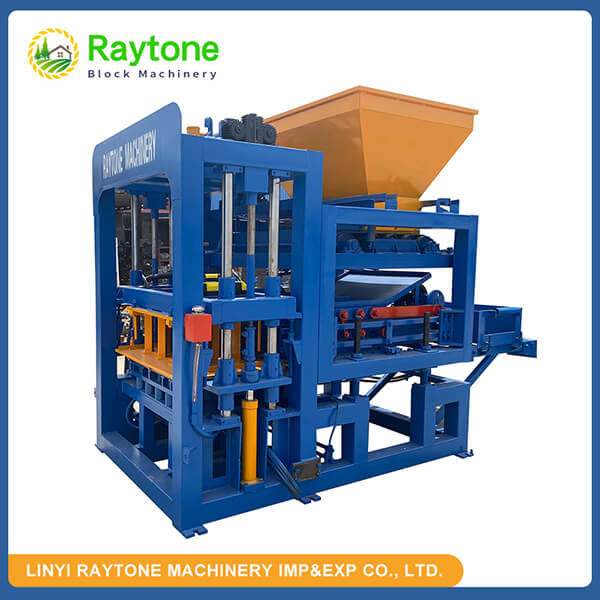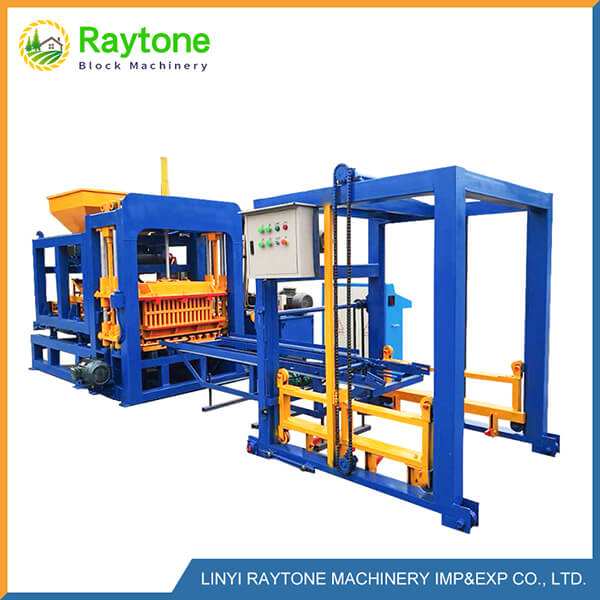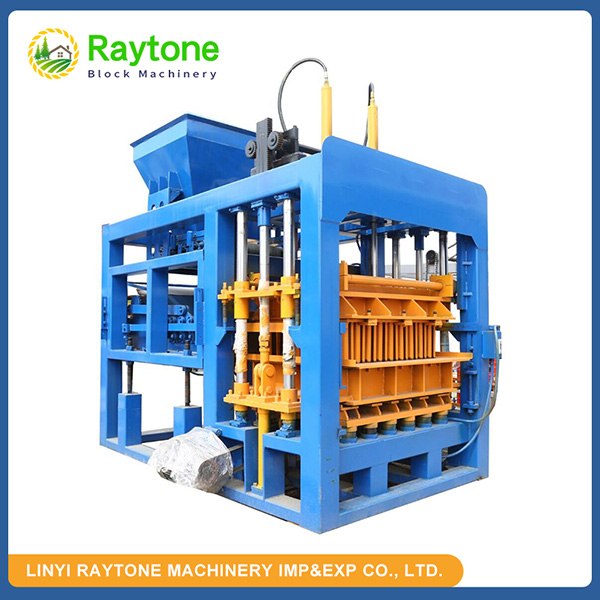When considering investing in a brick making machine, understanding the various factors that influence its cost is crucial for making an informed decision. The price of a brick making machine can range from a few thousand dollars for small, manual models to several hundred thousand dollars for large, fully automated systems. Key factors affecting the cost include the machine’s capacity, level of automation, quality of components, and additional features. Other considerations such as energy efficiency, maintenance requirements, and long-term durability also play a role in determining the overall value and return on investment. By carefully evaluating these factors, you can select a brick making machine that not only fits your budget but also meets your production needs and quality standards.
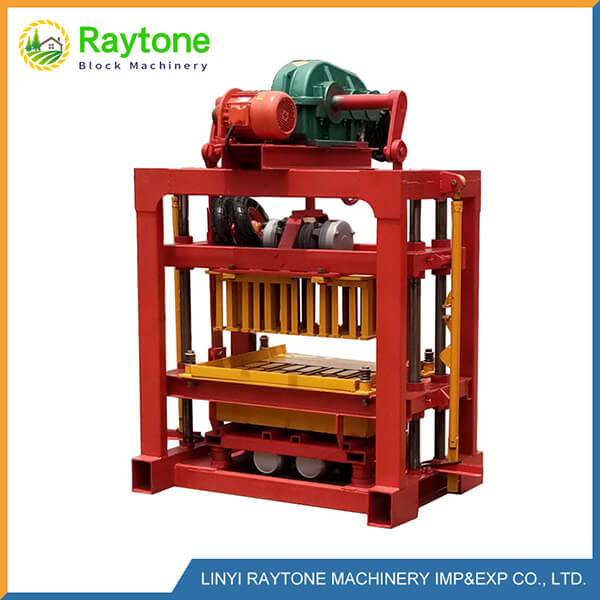
Types of Brick Making Machines and Their Price Ranges
Manual Brick Making Machines
Manual brick making machines represent the most affordable option in the market. These machines rely on human labor for most of the production process, from mixing the raw materials to molding and ejecting the bricks. While they have a lower initial cost, typically ranging from $1,000 to $5,000, they also have the lowest production capacity. Manual machines are ideal for small-scale operations or as a starting point for businesses with limited capital.
Semi-Automatic Brick Making Machines
Semi-automatic brick making machines offer a balance between affordability and increased production capacity. These machines automate some aspects of the brick-making process, such as material feeding or brick ejection, while still requiring some manual intervention. Prices for semi-automatic machines generally range from $10,000 to $50,000, depending on their features and capacity. They’re suitable for medium-sized operations looking to boost productivity without a massive investment.
Fully Automatic Brick Making Machines
At the high end of the spectrum are fully automatic brick making machines. These sophisticated systems automate the entire brick production process, from material mixing to brick curing. With prices ranging from $50,000 to over $500,000, these machines represent a significant investment. However, they offer the highest production capacity, consistent quality, and reduced labor costs. Fully automatic machines are ideal for large-scale operations or businesses aiming for rapid expansion in the construction industry.
Factors Influencing the Cost of Brick Making Machines
Production Capacity and Output
The production capacity of a brick making machine is a primary factor in determining its cost. Machines with higher output capabilities, measured in bricks per hour or cycle, generally come with a higher price tag. For instance, a small manual machine might produce 500-1,000 bricks per day, while a large automatic system could churn out 20,000-30,000 bricks in the same timeframe. When evaluating capacity, consider your current needs and potential for future growth to ensure the machine can accommodate your long-term production goals.
Level of Automation and Technology
The degree of automation in a brick making machine significantly impacts its cost. Highly automated systems incorporate advanced technologies such as programmable logic controllers (PLCs), sensors, and robotics. These features enhance precision, reduce human error, and increase overall efficiency. While more expensive upfront, automated machines can lead to long-term savings through reduced labor costs and increased productivity. Consider the balance between initial investment and potential long-term benefits when choosing the level of automation that suits your business model.
Quality of Components and Materials
The quality of materials and components used in constructing the brick making machine plays a crucial role in its durability, performance, and, consequently, its cost. High-grade steel, wear-resistant alloys, and premium electrical components contribute to a higher initial price but often result in lower maintenance costs and longer machine lifespan. When comparing machines, pay attention to the specifications of key components such as the hydraulic system, mold box, and vibration mechanism. Investing in a machine with superior components can lead to better brick quality and fewer production interruptions due to breakdowns or repairs.
Additional Considerations in Brick Making Machine Costs
Energy Efficiency and Operating Costs
While the initial purchase price is a significant factor, it’s equally important to consider the long-term operating costs of a brick making machine. Energy-efficient models may have a higher upfront cost but can lead to substantial savings over time. Look for machines with features like variable frequency drives (VFDs) for motors, which can optimize power consumption. Additionally, consider the type of power source required – some machines may need three-phase electricity, which could necessitate additional infrastructure investments. Evaluating the energy efficiency and running costs alongside the purchase price will give you a more accurate picture of the machine’s total cost of ownership.
Maintenance Requirements and Spare Parts Availability
The ease of maintenance and availability of spare parts are crucial factors that influence the long-term cost of owning a brick making machine. Machines with complex designs or proprietary components may be more challenging and expensive to maintain. When selecting a machine, inquire about the manufacturer’s after-sales support, warranty terms, and the availability of local technicians familiar with the equipment. Also, consider the cost and accessibility of common wear parts like molds, hydraulic seals, and bearings. Opting for a machine from a reputable manufacturer with a strong local presence can ensure easier access to support and parts, potentially reducing downtime and maintenance costs.
Customization and Additional Features
Many brick making machine manufacturers offer customization options and additional features that can affect the final cost. These may include specialized molds for different brick shapes and sizes, automatic palletizing systems, or advanced control interfaces. While these features can enhance the machine’s versatility and efficiency, they also add to the overall cost. Carefully evaluate which additional features are essential for your operations and which might be beneficial but not immediately necessary. Some manufacturers may offer modular designs that allow for future upgrades, providing a balance between current budget constraints and future expansion possibilities.
Conclusion
Investing in a brick making machine requires careful consideration of various factors that influence its cost and overall value. From the type of machine and its production capacity to the level of automation and quality of components, each aspect plays a crucial role in determining the initial investment and long-term benefits. By thoroughly evaluating these factors and aligning them with your business needs and growth plans, you can make an informed decision that balances cost-effectiveness with productivity and quality. Remember, the cheapest option isn’t always the most economical in the long run – consider the total cost of ownership, including energy efficiency, maintenance, and potential for future upgrades.
Contact Us
At Raytone Machinery, we understand the complexities involved in choosing the right brick making machine for your business. As a leading manufacturer of block machines, we offer a wide range of solutions to meet diverse production needs and budgets. Our expert team is ready to guide you through the selection process, ensuring you find the perfect balance between cost and performance. For personalized advice and to explore our range of high-quality, cost-effective brick making machines, contact us today at hazel@raytonechina.com. Let us help you build a solid foundation for your construction business with our reliable and efficient block-making solutions.
References
- Johnson, A. (2022). “The Evolution of Brick Making Technology: From Manual to Automatic Systems”
- Smith, B. & Lee, C. (2023). “Cost-Benefit Analysis of Automated Brick Production in the Construction Industry”
- Technical Association of the Brick and Tile Industry. (2021). “Energy Efficiency in Modern Brick Manufacturing”
- Zhang, L. et al. (2023). “Comparative Study of Brick Making Machine Types and Their Economic Impact”
- International Construction Equipment Manufacturers Association. (2022). “Global Trends in Brick and Block Making Machinery”
- Davis, R. (2023). “Maintenance Strategies for Prolonging the Lifespan of Brick Making Equipment”


